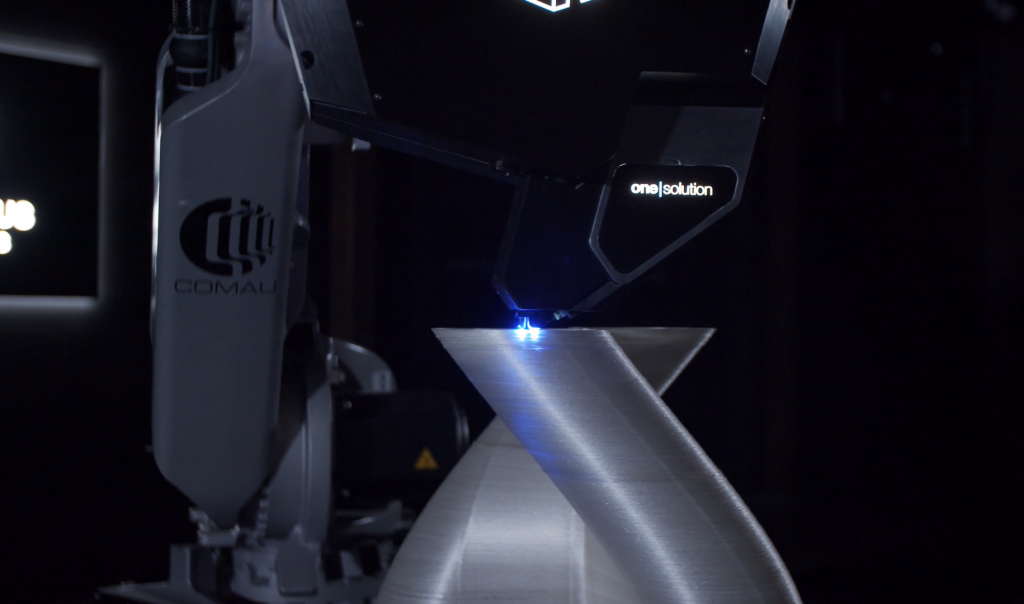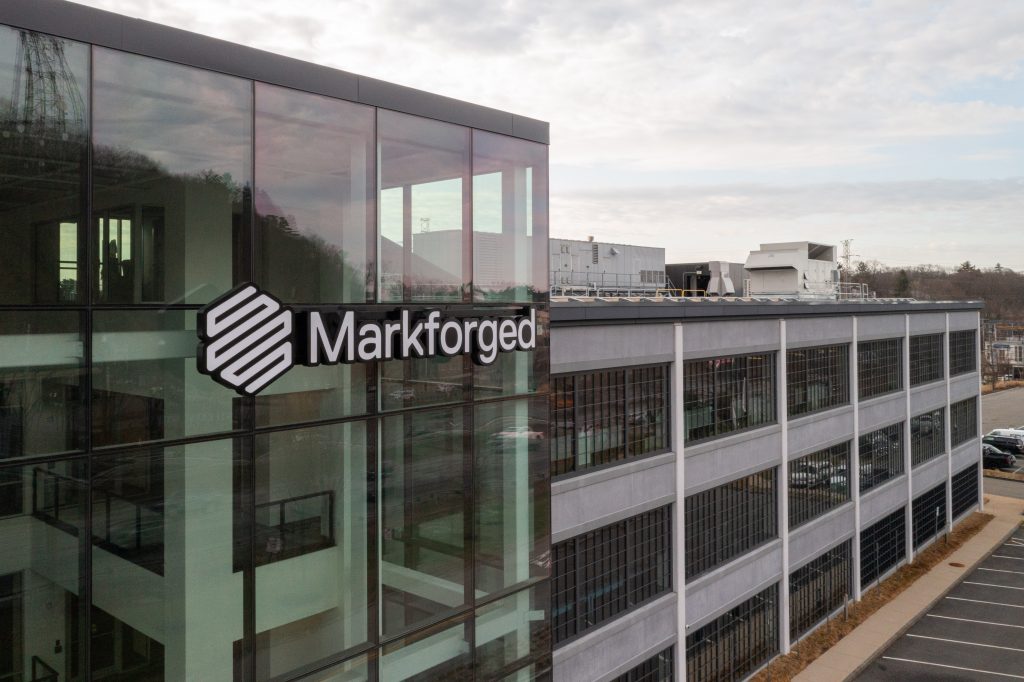A dispute over authorized charges has escalated between Spokane-based regulation agency Lee & Hayes PC and composite 3D printing know-how developer Steady Composites.
In response to Coeur d’Alene (CDA) Press, the regulation agency claims it’s owed greater than $7 million for its authorized work, whereas Steady Composites insists its obligation doesn’t exceed $3 million. Court docket filings present that the disagreement stems from a 2021 lawsuit wherein Steady Composites sued 3D printer producer Markforged for patent infringement.
Lee & Hayes offered authorized illustration underneath an preliminary settlement, later revising the phrases in 2023 to decrease the agency’s potential cost within the occasion of a profitable final result. Below the brand new phrases, cost could be calculated as 30% of any settlement or verdict.
Steady Composites CEO Steve Starner stated, “We’re disheartened to have acquired this criticism.”

Patent lawsuit sparks charge dispute
A jury in Delaware dominated in April that Markforged infringed on a patent, awarding Steady Composites $17.34 million in damages. The lawsuit initially concerned a number of patents, however just one remained after a court docket ruling in 2022. Whereas one declare was deemed invalid, the jury dominated that Markforged infringed one other, resulting in the damages award.
Later, the corporate reached a $25 million settlement with Markforged, concluding the prolonged patent infringement authorized battle. Below the settlement phrases, Markforged agreed to an $18 million upfront cost, adopted by extra funds of $1 million in 2025, $2 million in 2026, and $4 million in 2027.
Together with cross-licensing of patents and a covenant to not sue, the settlement stays topic to approval by the U.S. District Court docket for the District of Delaware.
Within the newest lawsuit, the Spokane-based agency has acknowledged in court docket paperwork that it was unaware of the settlement’s ultimate quantity till studying a press launch from Markforged in September final 12 months.
In response to the criticism, Steady Composites acknowledged receiving $18 million however declined to put aside or pay the $7.2 million contingency charge the regulation agency says it’s owed. In response, Steady Composites filed a counterclaim final week, citing an electronic mail wherein Lee & Hayes allegedly agreed to simply accept $3 million as full and ultimate cost for its authorized work.
Starner acknowledged that the corporate acted in “good religion, counting on clear written representations from Lee & Hayes and their board relating to charges for his or her work on the litigation with Markforged.” He acknowledged that the agency later reversed its place and sought extra cost by means of authorized motion.
A request has been made by Steady Composites to dismiss the case with prejudice.


AM sector’s patent disputes
The Steady Composites case is the most recent within the lengthy listing of patent infringement lawsuits. In 2024, 3D printer OEM Stratasys took authorized motion towards Bambu Lab, accusing the corporate of infringing on ten patents.
The lawsuit focused fashions such because the X1C, X1E, P1S, P1P, A1, and A1 Mini, citing unauthorized use of applied sciences associated to purge towers, heated construct platforms, instrument head power detection, and networking capabilities. A jury trial was requested, together with damages and an injunction to dam additional gross sales of the machines.
Debate over the case shortly adopted, drawing sturdy reactions from advocates of open-source 3D printing. Dr. Adrian Bowyer, Founding father of RepRap criticized the authorized transfer, arguing that patents prohibit creativity and calling Stratasys’ method “patent parasite conduct.”
Others raised issues about potential long-term results on the trade. Dr. Joshua Pearce warned that the case may set a precedent for the aggressive use of mental property, whereas Crowell & Moring patent litigator Andrew Spitzer instructed the result would possibly redefine competitors, presumably cementing Stratasys’ position as a dominant power in 3D printing.
One other case included Canadian plasma system and materials developer Tekna (Tekna Holding AS) securing a authorized victory in a patent dispute with Colibrium Additive’s subsidiary Superior Powders & Coatings Inc. (AP&C) over titanium powder manufacturing rights in Canada.
AP&C had accused Tekna of infringing on two patents associated to metallic powder atomization, however the Federal Court docket of Canada dominated in favor of Tekna, invalidating one patent solely and deeming most claims of the opposite unenforceable. Authorized proceedings started in 2019 when Tekna sought to problem AP&C’s claims. After years of litigation, the court docket’s resolution strengthened Tekna’s means to proceed manufacturing with out authorized restrictions.
Who gained the 2024 3D Printing Business Awards?
All of the information from Formnext 2024.
To remain updated with the most recent 3D printing information, don’t neglect to subscribe to the 3D Printing Business publication or comply with us on Twitter, or like our web page on Fb.
When you’re right here, why not subscribe to our Youtube channel? That includes dialogue, debriefs, video shorts, and webinar replays.
Featured picture reveals 3D printing a composite half with CF3D. Photograph through Steady Composites.

